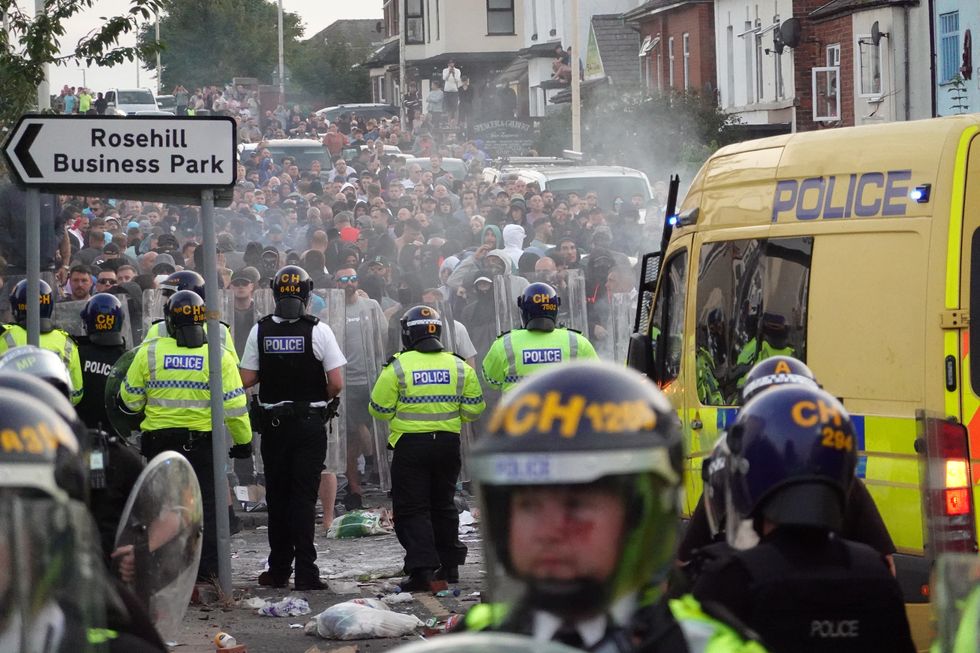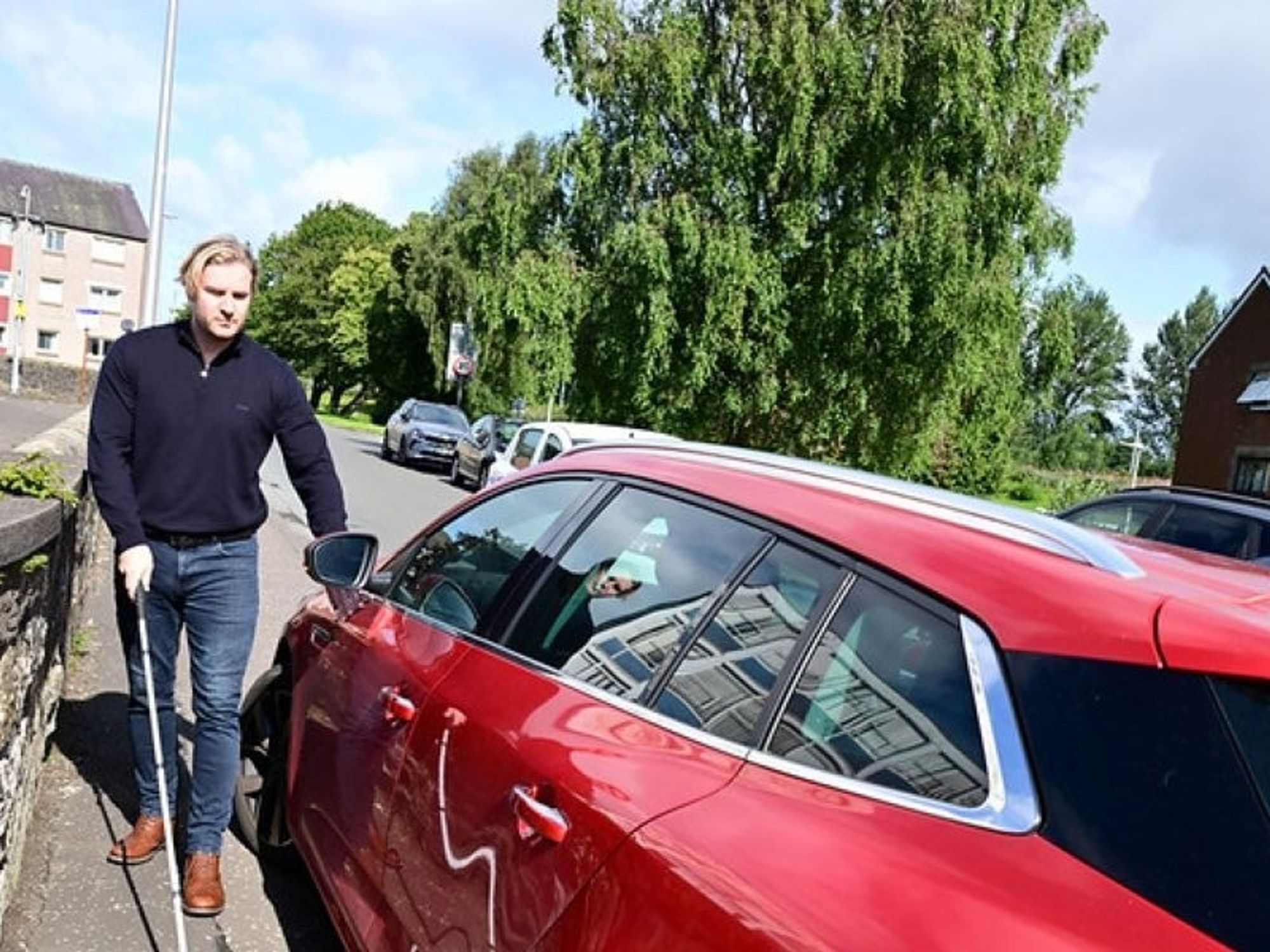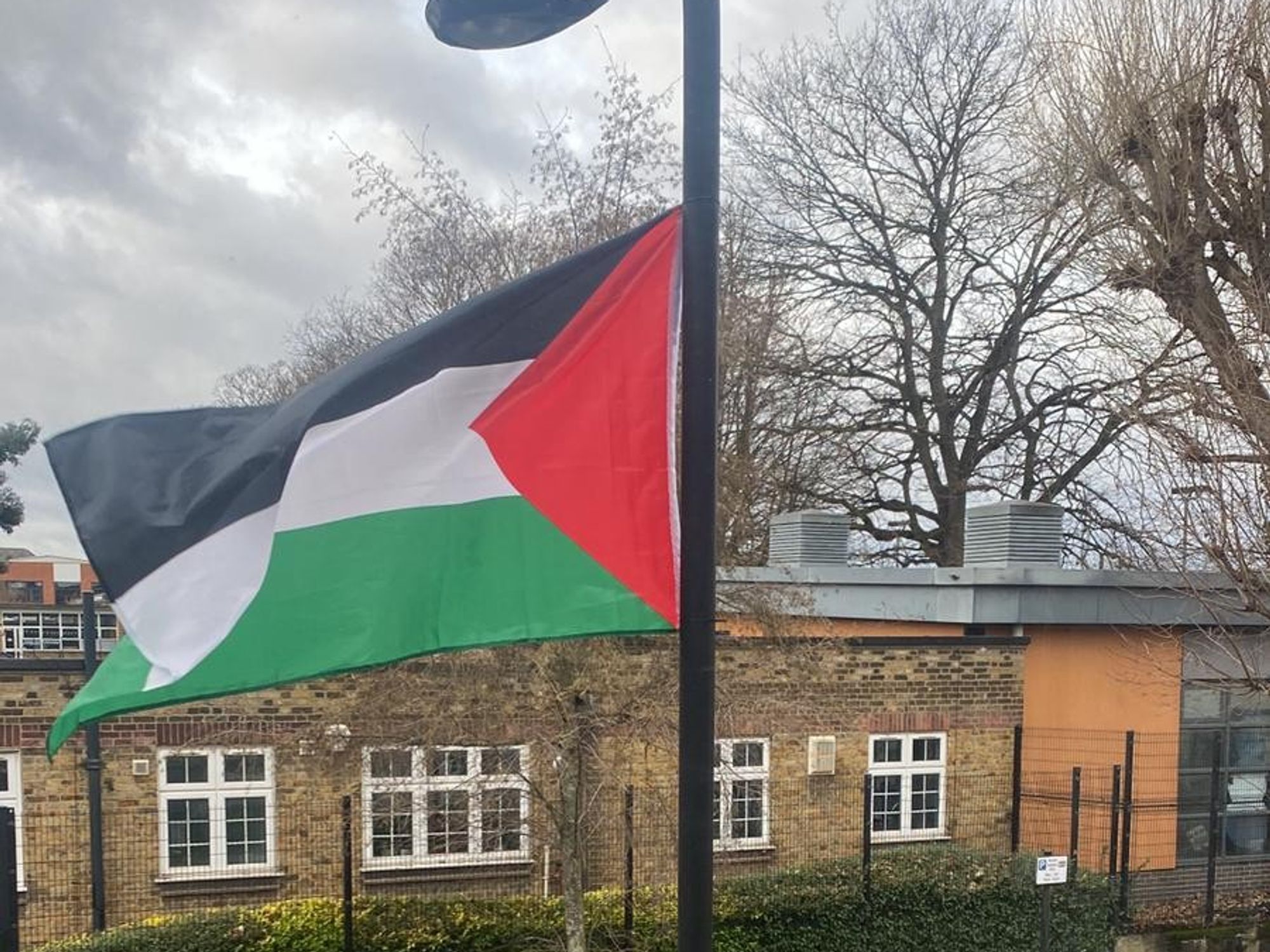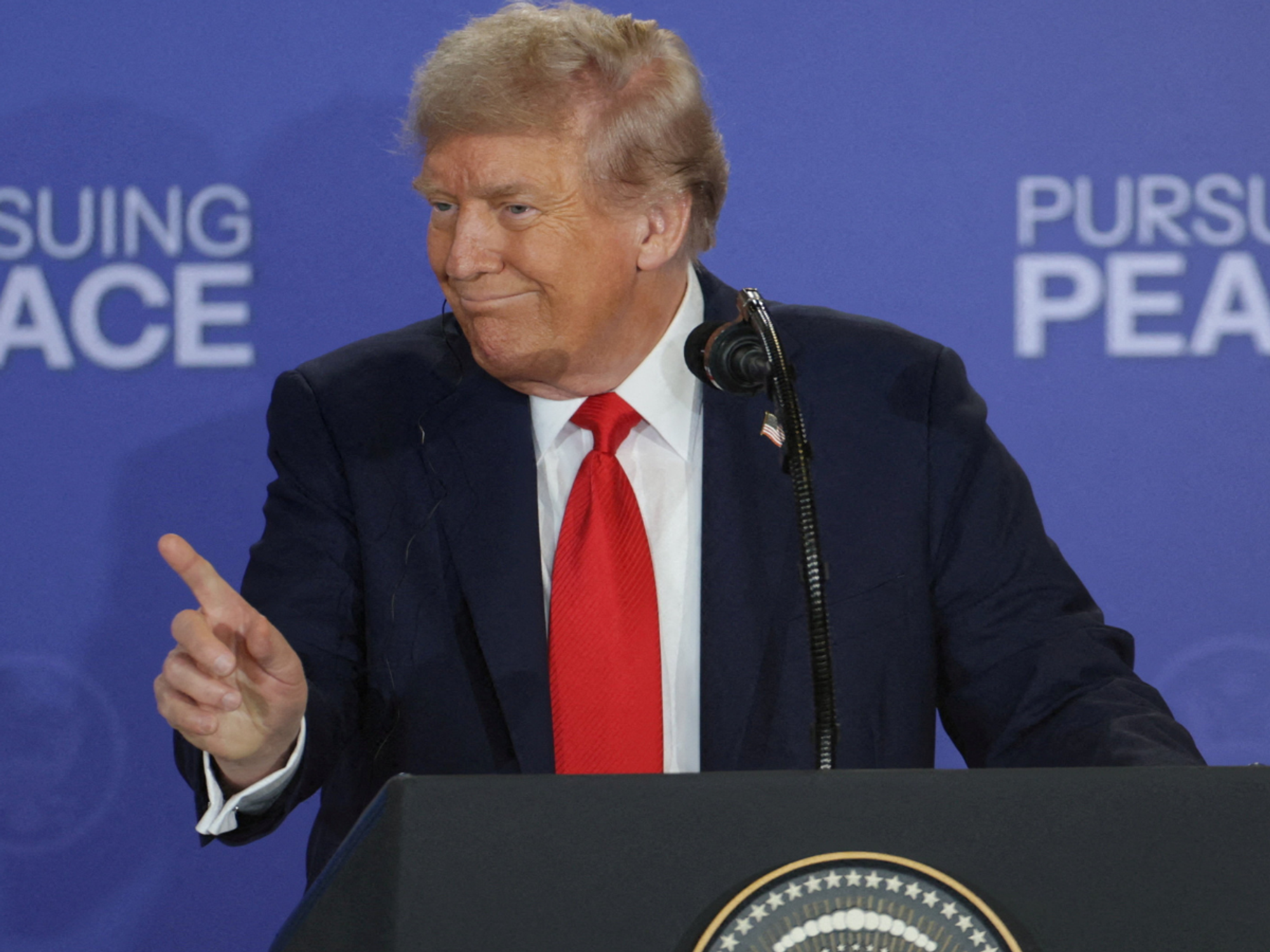Police to reveal suspects' ethnicity and nationality after 'cover-up' accusations
GB NEWS
|WATCH: Mel Stride says that Police 'were right' to release prompt info on Liverpool after 'criticism from Southport
Forces will not, however, be told to reveal suspects' immigration status
Don't Miss
Most Read
Trending on GB News
Police forces have been told to reveal the ethnicity and nationality of suspects after they have been charged in high-profile cases.
The National Police Chiefs' Council (NPCC) and the College of Policing have formed interim guidance which encourages forces to disclose the ethnicity and nationality of a suspect when there is a "policing purpose" to do so.
However, the decision on whether to release the information will remain in the hands of the forces, with wider legal and ethical considerations to be taken into account.
The interim guidance expands on existing practice for police forces, which are already encouraged to publicise charging decisions in serious cases.
It has been developed after consultation with the Crown Prosecution Service, together with the Home Office.
Police forces, along with its criminal justice partners, have well-defined communication roles when it comes to the criminal justice process.
That involves knowing when to publicise information about suspects and defendants.
Last year, unrest had broken out amid fears of a "cover-up" after Axel Rudakubana's name took weeks to be made public.
Instead, "fake news" from a Pakistani website filled the information void, claiming fictional 17-year-old Ali Al-Shakati had murdered three young girls.
LATEST DEVELOPMENTS:
 PA |
PA | Misinformation surrounding the ethnicity of the Southport murderer led to riots last year
While in May this year, police were quick to reveal Liverpool car ramming suspect Paul Doyle was a white man.
The guidance comes into immediate effect and reaffirms it is not the police force's role or responsibility to verify a suspect's immigration status.
It remains the responsibility of the Home Office to determine whether it is appropriate to confirm the suspect's status.
NPCC Communications and Media Lead Deputy Chief Constable Sam de Reya inadvertently raised the Southport riots from last year.
"We saw during last summer’s disorder, as well as in several recent high-profile cases, what the major, real-world consequences can be from what information police release into the public domain," she said.
 GETTY |
GETTY | Unrest shook the country following the stabbing of three young girls in Southport last year
"We have to make sure our processes are fit for purpose in an age of social media speculation and where information can travel incredibly quickly across a wide range of channels."
De Raya added that "disinformation and incorrect narratives can take hold in a vacuum".
"It is good police work for us to fill this vacuum with the facts about issues of wider public interest," she said.
"Our aim with this guidance is to provide greater consistency with how we report this information."
De Raya said "being as fair, consistent and transparent" as possible will improve public confidence in policing as the "definitive source of this information".
"[It makes] all our communities safer in the process," she said.
The guidance will be considered as part of a wider review of the College of Policing's authorised professional practice for media relations.
It will be subject to public consultation later in the year.
College of Policing Chief Executive Chief Constable Sir Andy Marsh said the public remained "concerned about mis and disinformation".
"So this interim guidance provides clarity that police can disclose the ethnicity and nationality of suspects when they are charged in high profile and sensitive investigations," he said.
"I want to reassure the public that officers will continue to police without fear or favour. The interim guidance will bring consistency so information can be released for all ethnicities and nationalities when it meets the right criteria."
Marsh added that the College of Policing will update its "current authorised professional practice for media relations" later this year.
"So that the public, journalists and police forces are clearer on how we all navigate today's challenging information landscape," he said.










